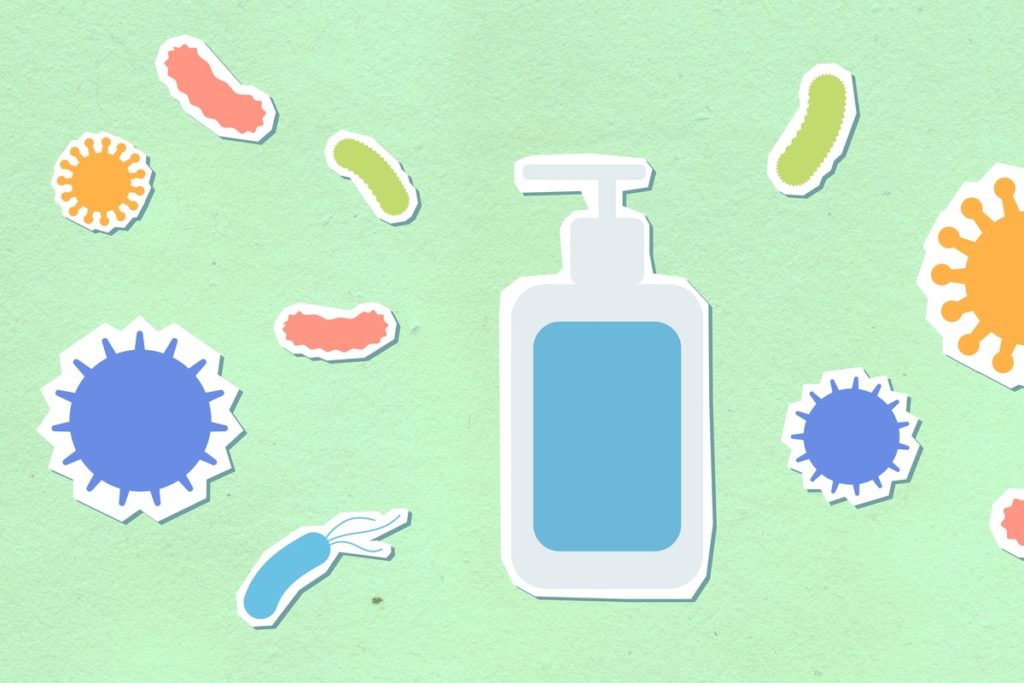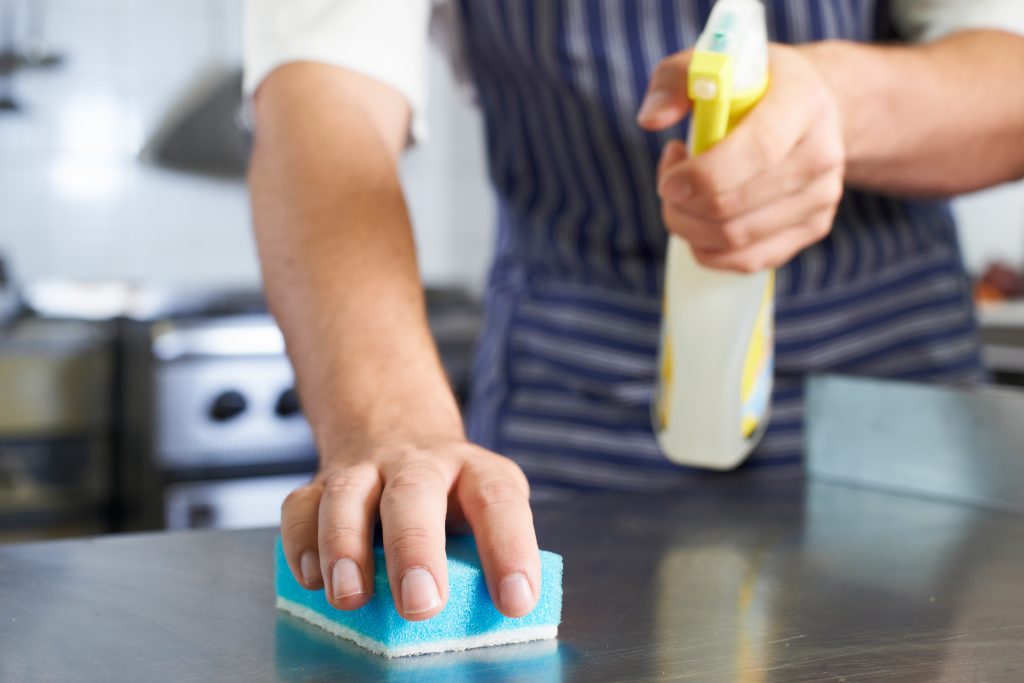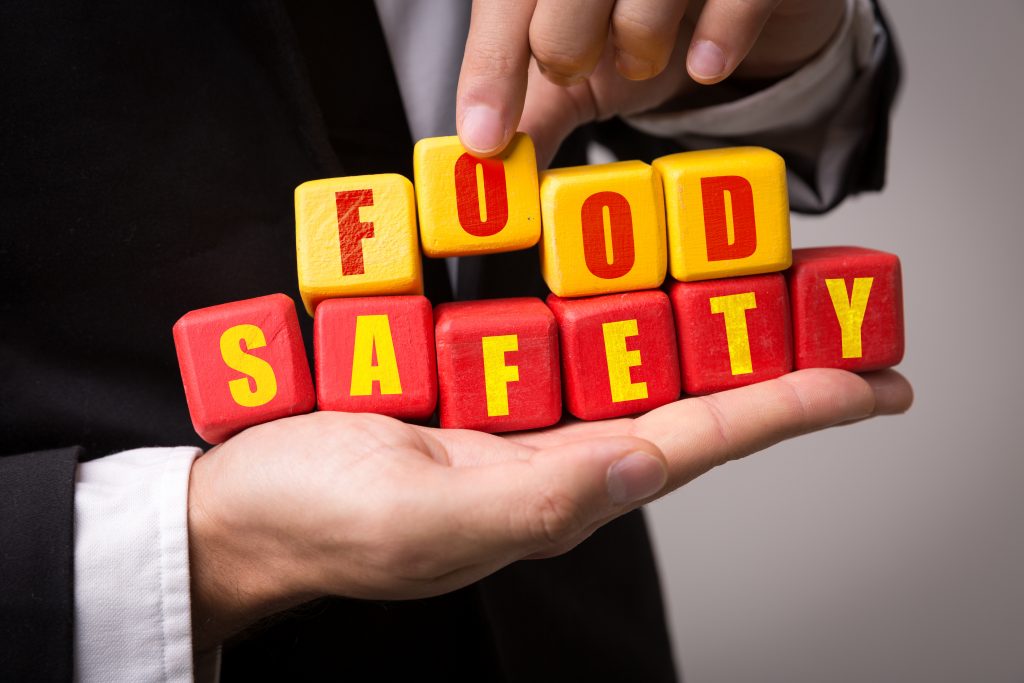Food Safety
Integrating Allergen Awareness into Your Food Hygiene
As Early Years professionals, you will be very aware of the need for allergy awareness in your workplace. When we designed our food hygiene certificate course we made sure that we included plenty of information on the allergen groups specifically for the Early Years sector. Sometimes, as I did recently, you overhear things that make…
Read MoreWhy Kitchen Workwear is Vital to Good Food Hygiene
Kitchen workwear is not the most fashionable clothing. We doubt many kitchen workers head out on a Saturday night in their checks and whites. However, it is an important part of food hygiene and the right clothes should be worn if you want to abide by the legal requirements. It isn’t absolutely necessary to wear a…
Read MoreStreet Food Hygiene: 5 Common Problems for Traders
There are a startling number of street traders in the UK. Every festival, high street, farmer’s market and shopping centre seems to have a stall, van or kiosk selling anything from sandwiches to sushi. It’s a multi-million pound industry which employs people from all cultures. Of course, street traders can fall victim to the same…
Read MoreHidden Bacteria: 5 Kitchen Areas with Unseen Bacterial Growth
Areas of food preparation must also be areas of flawless food hygiene practice. Food businesses have a legal requirement to meet the national standards for food safety. Often, staff properly maintain and clean the obvious kitchen surfaces. However, it is often in unexpected areas where hidden bacteria thrive and can create serious and even life-threatening…
Read MoreFood Safety Myths: 5 Commonly Mishandled Foods
You should scientifically manage your food hygiene in any kitchen or food preparation area. Often, people who take food hygiene training find that they have taken a word-of-mouth or ‘grapevine’ approach to food safety. However, legal requirements for food hygiene are based on evidenced science, so your methods should be too. Here are 5 common…
Read MoreJust a Cold? What To Do When You Are Ill and Work With Food
When you work with food in any capacity, you hold the health of the people who eat that food in your hands. You could pass on nasty bugs and bacteria with unclean hands. Whilst this can produce some unpleasant general consequences, for the elderly or children it could result in serious illness. So, what should…
Read MoreCleaning Kitchen Surfaces – 6 Steps for Proper Hygiene
There is a difference between ‘clean‘ and ‘looking clean‘. ‘Shiny syndrome‘ often affects our judgement when cleaning kitchen surfaces. As a result, appearing spotless does not mean that a work surface is safe for food. In reality, the microscopic nature of bacteria means you cannot often see the danger. 6 Steps to Cleanliness Where to…
Read MoreReheating Food: To Warm or Not to Warm?
Most kitchens, domestic and commercial, regularly end the night with leftover food, which is still likely edible. Furthermore, when cooking in bulk, some dishes are just not practical to make fresh to order. Some chefs might even tell you that certain stews and curries taste better after reheating. Reheating food, though, can be a dangerous…
Read MoreWhat Does Best Before Mean? How to Understand Food Dates
Part of food hygiene doctrine is ensuring that all your produce is fresh and/or safe to eat. However, the food dating system can be difficult to understand. There are 4 main date types. You should base your actions on the date presented and whichever date type assigned to it. So, what does best before mean,…
Read MoreThe Importance of Handwashing in Food Service
The importance of handwashing in food service cannot be underestimated; it is a key tenet of good food hygiene. If you are preparing or serving food, at work or at home, wash your hands well and often, lest you face the consequences. Bacteria can spread easily from physical contact. In a kitchen, this means it…
Read More









